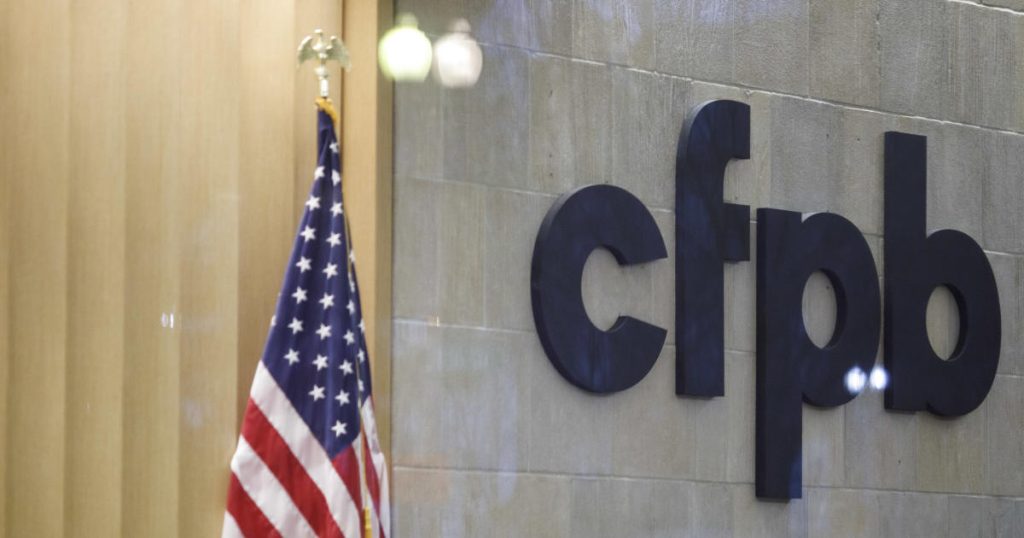The Consumer Financial Protection Bureau (CFPB) has recently allocated over $384 million to around 191,000 consumers who were scammed by online lender Think Finance, based in Texas. This money was distributed through the victims relief fund, also known as the Civil Penalty Fund. CFPB Director Rohit Chopra stated that the victims relief fund allows the agency to help consumers who have been harmed by financial crimes even when the companies responsible for the harm have been stopped by law enforcement. Payments to affected consumers will begin on May 14, and those who believe they are eligible can find more information on the CFPB’s website or reach out to the settlement administrator, Epiq Systems, via email or phone.
Since its establishment in 2010, the CFPB has provided about $19 billion in monetary compensation, principal reductions, canceled debt, and other forms of relief to over 195 million consumers who have been defrauded. Consumers who have complaints about financial products or services can submit them through the CFPB’s website or by calling a toll-free number provided by the agency. This initiative by the CFPB aims to assist victims of financial crimes and provide them with restitution even after the companies responsible for the harm have been penalized by law enforcement. The victims relief fund is a means to support individuals who have been affected by fraudulent activities in the financial sector.
The CFPB’s efforts to refund consumers who were scammed by Think Finance highlight the importance of holding financial institutions accountable for their actions and providing restitution to those who have been harmed. By utilizing the victims relief fund, the CFPB can ensure that consumers receive the compensation they deserve, even if the companies responsible for the harm have already faced legal consequences. This demonstrates the agency’s commitment to protecting consumers and addressing financial crimes, as well as its dedication to providing relief to those who have fallen victim to fraudulent practices in the industry.
The successful distribution of funds to affected consumers by the CFPB serves as a warning to other financial institutions that engage in fraudulent activities. This case involving Think Finance shows that such institutions will be held accountable for their actions, and consumers who have been harmed can seek restitution through channels like the victims relief fund. By publicizing these efforts and providing information on how affected individuals can receive compensation, the CFPB is increasing awareness about financial scams and empowering consumers to take action against fraudulent practices in the industry.
Consumers who have been scammed by financial institutions should be aware of their rights and options for seeking restitution. The CFPB’s victims relief fund is one avenue through which affected individuals can receive compensation for their losses. By providing information on how consumers can access these funds and distributing payments to those who have been harmed, the CFPB is helping to restore trust in the financial industry and hold bad actors accountable for their actions. This initiative also serves as a reminder to consumers to be vigilant and report any suspicious financial activities to regulatory authorities.
In conclusion, the CFPB’s efforts to refund consumers scammed by Think Finance demonstrate the agency’s commitment to protecting consumers from financial crimes and ensuring that those who have been harmed receive the compensation they deserve. By utilizing the victims relief fund and distributing funds to affected individuals, the CFPB is holding financial institutions accountable for their actions and providing restitution to victims of fraudulent practices in the industry. This case serves as a reminder to consumers to be vigilant and report any suspicious activities, as well as a warning to financial institutions that engage in fraudulent behavior that they will face consequences for their actions.


